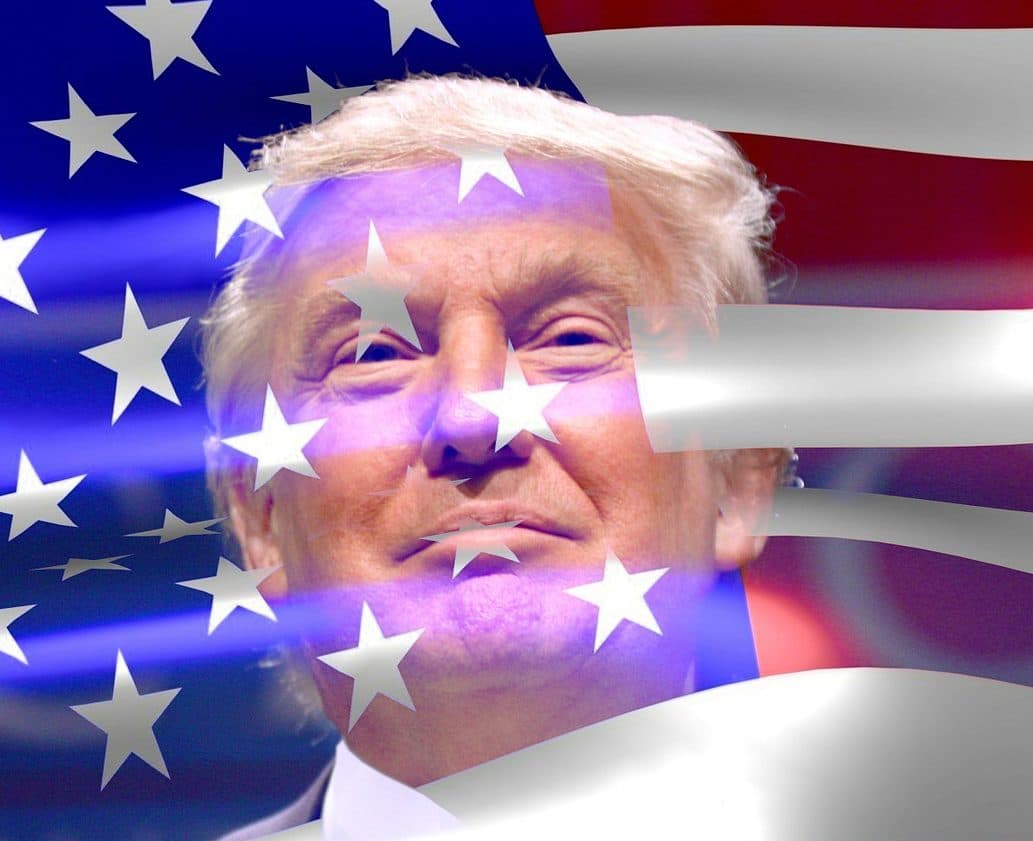A Financial Times report today quoted Donald Trump’s top trade advisor Peter Navarro as saying that Germany is using a “grossly undervalued” euro to exploit the US and its EU partners.
He said that the euro was like an “implicit Deutsche Mark” whose low valuation gave Germany an advantage over its main partners, suggesting that the Trump administration is focusing on currency as part of its tactics on trade ties.
EU Talks “Dead”
Navarro referred to Germany as being a main obstacle to a US trade deal with the EU and is reported to have declared talks with the EU over a Transatlantic Trade and Investment Partnership (TTIP) dead.
“A big obstacle to viewing TTIP as a bilateral deal is Germany, which continues to exploit other countries in the EU as well as the US with an ‘implicit Deutsche Mark’ that is grossly undervalued. The German structural imbalance in trade with the rest of the EU and the US underscores the economic heterogeneity [diversity] within the EU – ergo, this is a multilateral deal in bilateral dress”, he commented in the FT.
ForexLive commentary on trading Trump:
His comments underscore the Trump administration’s willingness to antagonise German Chancellor Angela Merkel and other EU leaders which was apparent when he supported Theresa May during negotiations with the EU over the terms of its exit and called the EU a vehicle for Germany and Nato an obsolete alliance.
In a response to FT questions, Navarro added: “Brexit killed TTIP on both sides of the Atlantic even before the election of Donald Trump. I personally view TTIP as a multilateral deal with many countries under one ‘roof’.”
Eliminate Unfairness
Navarro confirmed that one of the administration’s trade priorities was unwinding and repatriating the international supply chains on which many US multinational companies rely on.
“The unequal treatment of the US income tax system under biased WTO [World Trade Organisation] rules is a grossly unfair subsidy to foreigners exporting to the US and a backdoor tariff on American exports to the world that kills American jobs and drives American factories offshore,” he said.
Navarro rejected the argument that US consumers would end up paying the cost of such a tax change. It is argued that at least some of the impact on consumers would be absorbed by a one-time appreciation in the dollar which could also impact on US export competitiveness and lead to a widening of the US trade deficit with the world.
Navarro concluded that he was not concerned about the possibility of a stronger dollar and its impact on US exports, but rather “the actual impact America’s trade deficit in goods is having on our rates of economic growth and income growth.”





Be First to Comment